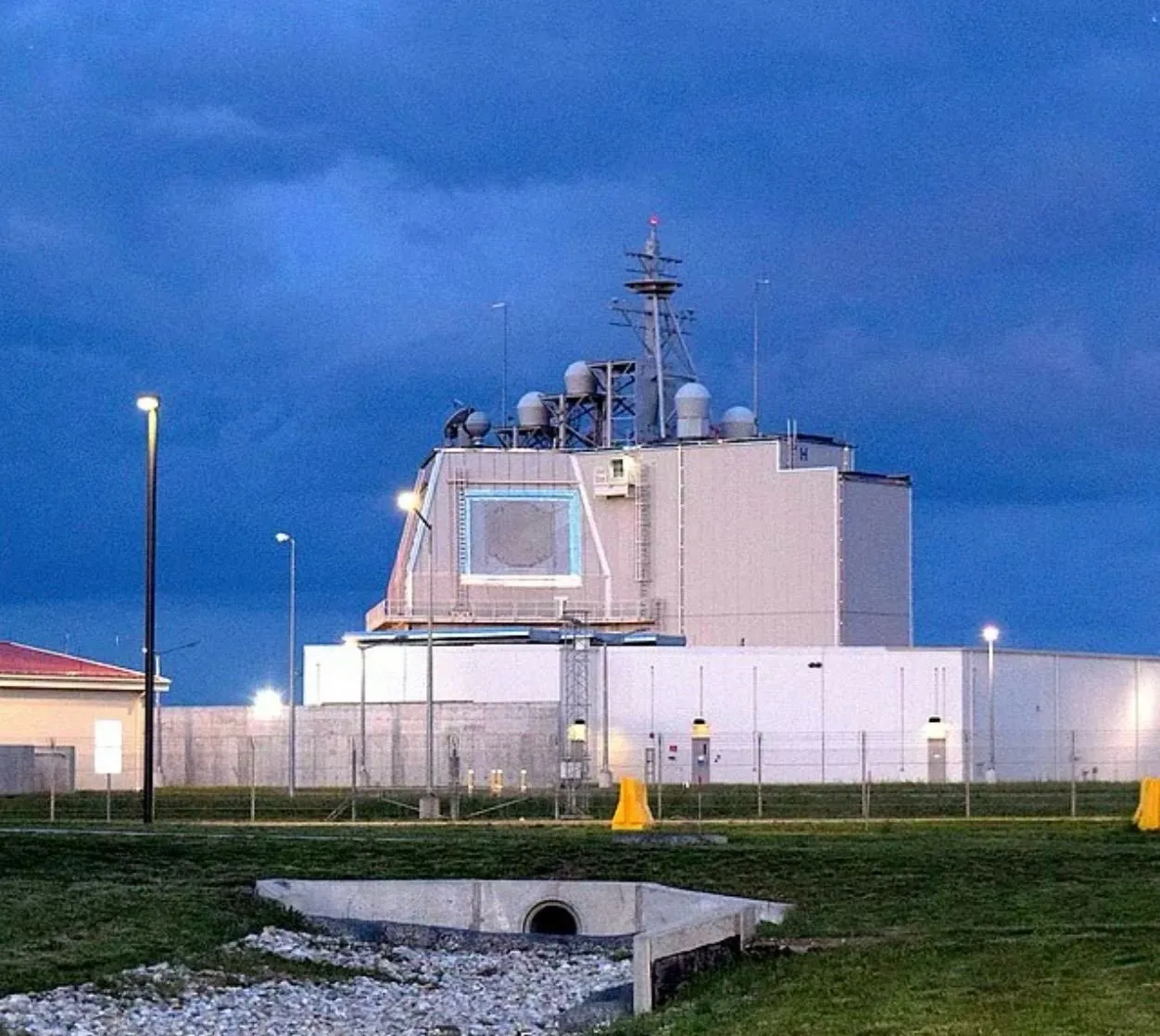The Schiller Institute with the worldwide circulation of its release on Sunday morning has taken the initiative to challenge and stop a sudden and rapid escalation of the NATO-Russia war in Europe, in the direction of a nuclear war.
Helga Zepp-LaRouche and the Schiller Institute have mobilized immediately on becoming aware of an attack, apparently during the night of May 22-23, on one of Russia’s over-the-horizon radar systems which are built to provide early warning of oncoming ballistic missiles. How much the system was damaged is not clearly known; Russia has made no public reaction in its officialdom, and scarcely in its media. Neither does it matter if the attack was supposedly made by drones or missiles from Ukraine.
Attacks on the early warning radars or surveillance satellites of a nuclear power, or other attempts to degrade such a power’s ability to “see” missile attacks, are instrumentalities of a potential nuclear war. And this May 22-23 attack was evidently the second within a month targeting early-warning radars.
The Schiller Institute’s immediate “plowshare” to change the ground will be the Friday, May 31 meeting of the International Peace Coalition (IPC); it is mobilizing to bring as many as 500 local leaders for peace from around the world, into that crucial meeting to expose what is happening and deliberate on the needed solutions. This is the IPC’s 52nd consecutive Friday meeting; it has been concentrating on ending the terrible war in Gaza. But there, too, the threat of using nuclear weapons against Hamas and Iran has been raised by an Israeli minister—and seconded by a United States senator. Both wars are threatening a world war.
Military and weapons experts who contributed to the Schiller Institute’s May 26 public warning insist that this attempt to disable Russia’s early-warning system has no significance for the Russia-Ukraine conflict; but rather as a trigger for a war of NATO and the United States against Russia directly. If it was carried out on orders of Volodymyr Zelenskyy—who is no longer the elected President of Ukraine but ruling under martial law—the Biden administration must rein him in and stop arming him for such wild actions. Thus the special focus of this coming May 31 IPC meeting is mobilization of sane leaders in the United States to stop supporting both wars.
The Schiller Institute’s “Oasis Plan” strategy leverages Eurasia-wide development projects and investments against the wars. It opens up to a new international strategic and development architecture recognizing the development interests of every nation.
If we now face a new “Cuban Missile Crisis,” without leaders like JFK and Khrushchev to negotiate out of it, we have the strategy of peace through development and the legacy of the leadership of Lyndon LaRouche, who designed the original “Oasis Plan” fifty years ago. And we have the leadership of citizen-activists who are, in the words of independent LaRouche candidate for Congress Jose Vega, “electing themselves” to lead.







